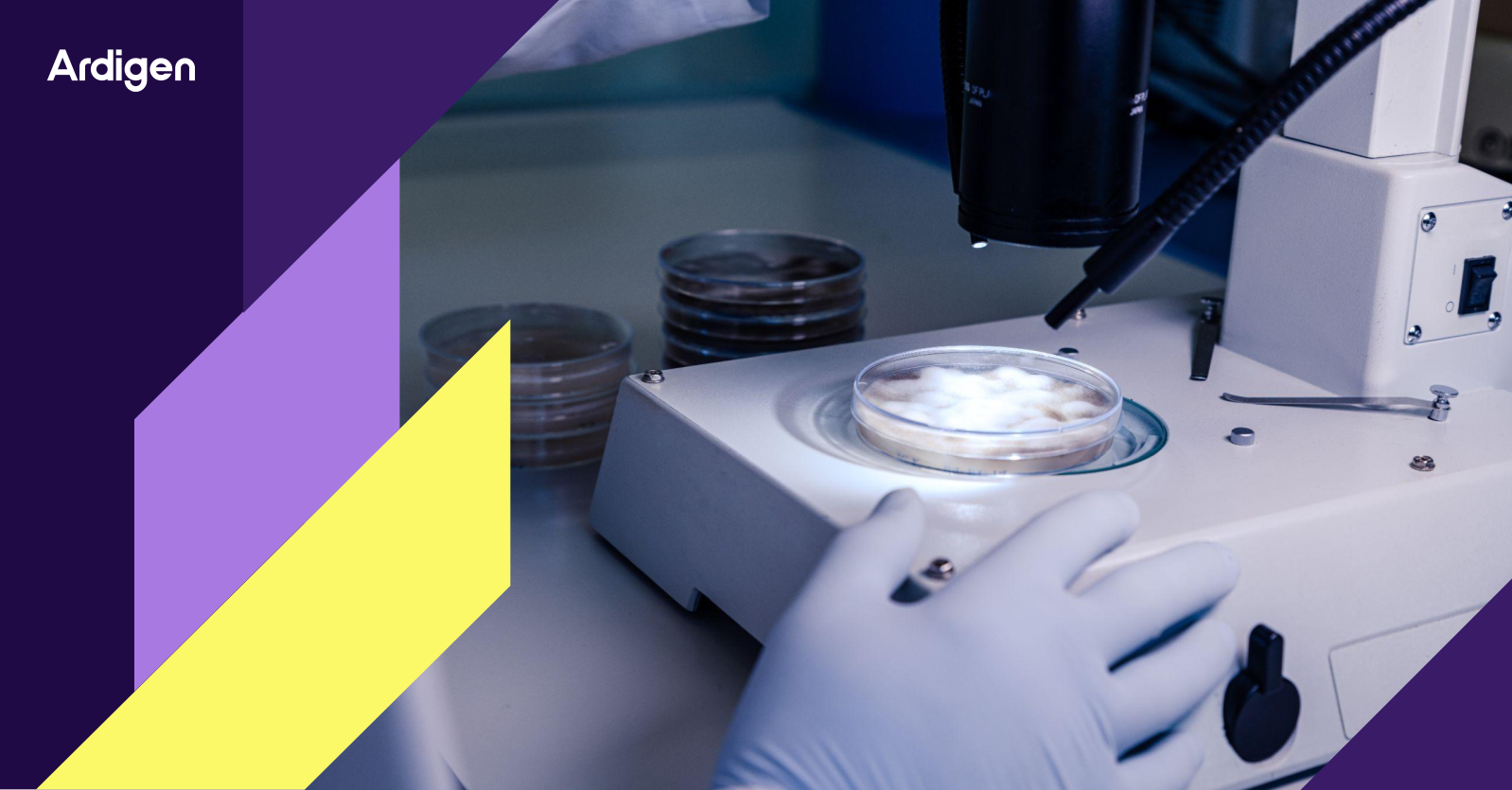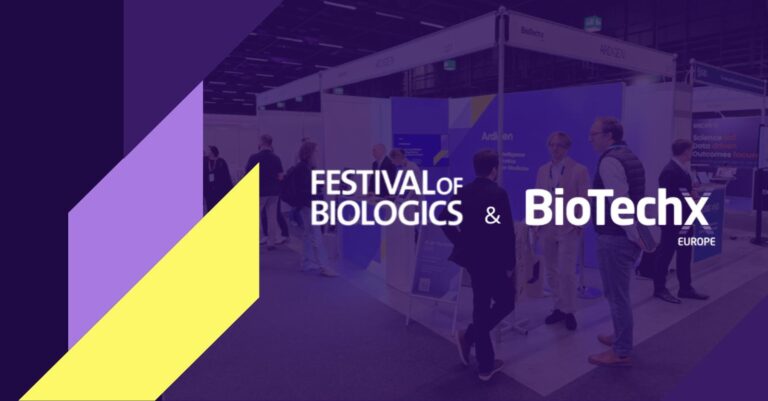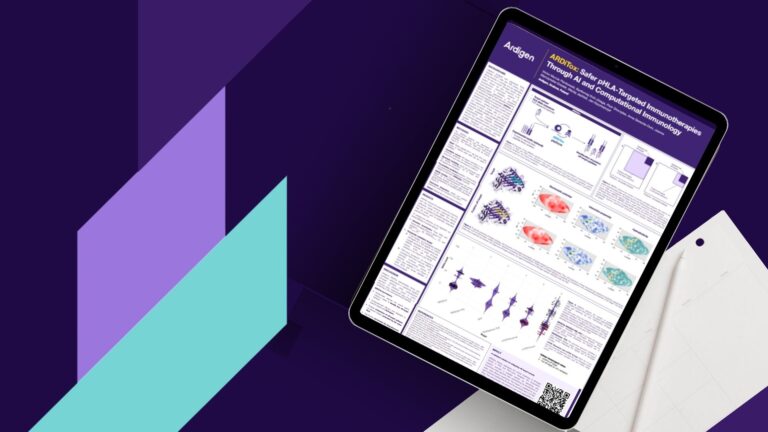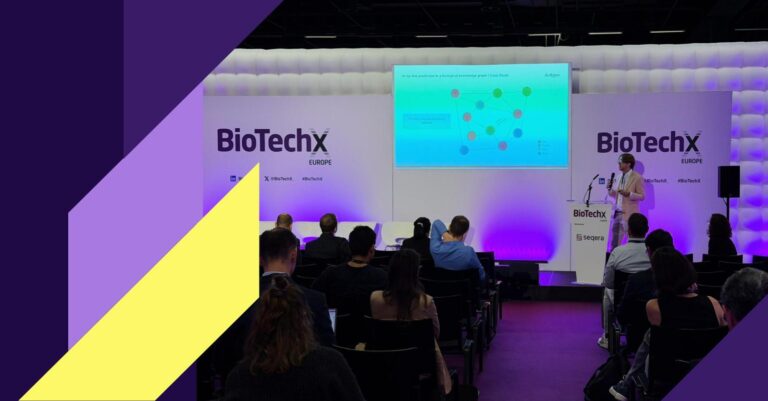Post: What is target identification in drug discovery?
In the complex landscape of drug development, success begins with asking the right biological questions. One of the most crucial early steps is target identification – pinpointing the specific genes, proteins, or pathways that play a key role in disease. But what is target identification in drug discovery, and why is it foundational to therapeutic innovation?
Understanding target identification in drug discovery
Target identification in drug discovery refers to the process of determining which molecular entities are most relevant for treating a particular disease. These may include enzymes, receptors, or other biomolecules whose modulation can produce a therapeutic effect.
Choosing the right target is critical. A poorly chosen target can lead to ineffective or unsafe drugs, while a well-validated one increases the likelihood of clinical success. This is where advanced computational methods and target identification artificial intelligence come into play – helping researchers sift through complex datasets to uncover actionable insights.
Therapeutic target identification: The new frontier
Modern therapeutic target identification goes beyond traditional wet-lab research. Today, scientists are leveraging genomics, transcriptomics, and proteomics data to explore disease mechanisms on a systems level. The integration of this high-dimensional data allows for the identification of potential therapeutic targets that might otherwise go unnoticed.
At Ardigen, we specialize in AI-driven solutions that advance and refine this process. Our Target Identification services combine machine learning, biological expertise, and data integration — for example, helping uncover novel targets in autoimmune diseases or oncology that traditional methods may miss to support the discovery of novel and high-confidence drug targets.
How Artificial Intelligence transform target identification
Target identification artificial intelligence uses machine learning models to analyze biological data, identify molecular patterns, and predict target-disease associations. These models are trained on large-scale datasets and continuously refined to improve accuracy and relevance.
Key benefits include:
- Prioritization of targets based on biological and clinical evidence
- Identification of disease-driving pathways
- Detection of biomarkers linked to therapeutic response
- Faster hypothesis generation and validation
By incorporating AI early in the process, drug developers can reduce risk and improve efficiency throughout the R&D pipeline.
Read our article on leveraging Biomarkers to bring the right treatment to right patient.
Why target identification matters
Accurate identification of potential therapeutic targets sets the trajectory for the entire drug development process. It informs downstream decisions – from compound screening to clinical trial design – and ultimately determines the therapeutic’s potential impact.
With the increasing complexity of diseases and the need for precision medicine, the importance of robust, data-guided target identification cannot be overstated.
Expert Contribution
The strategic direction of Ardigen’s AI Target Identification services is overseen by leaders like Jan Majta, PhD, Director of AI Solutions. His expertise in innovating drug programs with data has led to remarkable efficiencies, including navigating drug discovery to get results doing 40 assays instead of 1,000 in specific projects.
He also shared insights regularly, for example, through his participation in webinars like “From Data Overload to Decision Clarity in Drug Discovery” You can explore his professional background and insights on his LinkedIn profile
Q&A: Understanding AI-powered target identification in drug discovery
Target identification is the first critical step in drug discovery, helping researchers determine which genes, proteins, or pathways should be modulated to treat disease effectively.
AI analyzes biological data to uncover disease-related molecular patterns and prioritize potential drug targets based on evidence.
It influences the entire drug development pipeline — from compound design to clinical trial success — and reduces the risk of failure in later stages.
Genomics, transcriptomics, proteomics, and AI-driven data integration are key tools in modern therapeutic target discovery.




